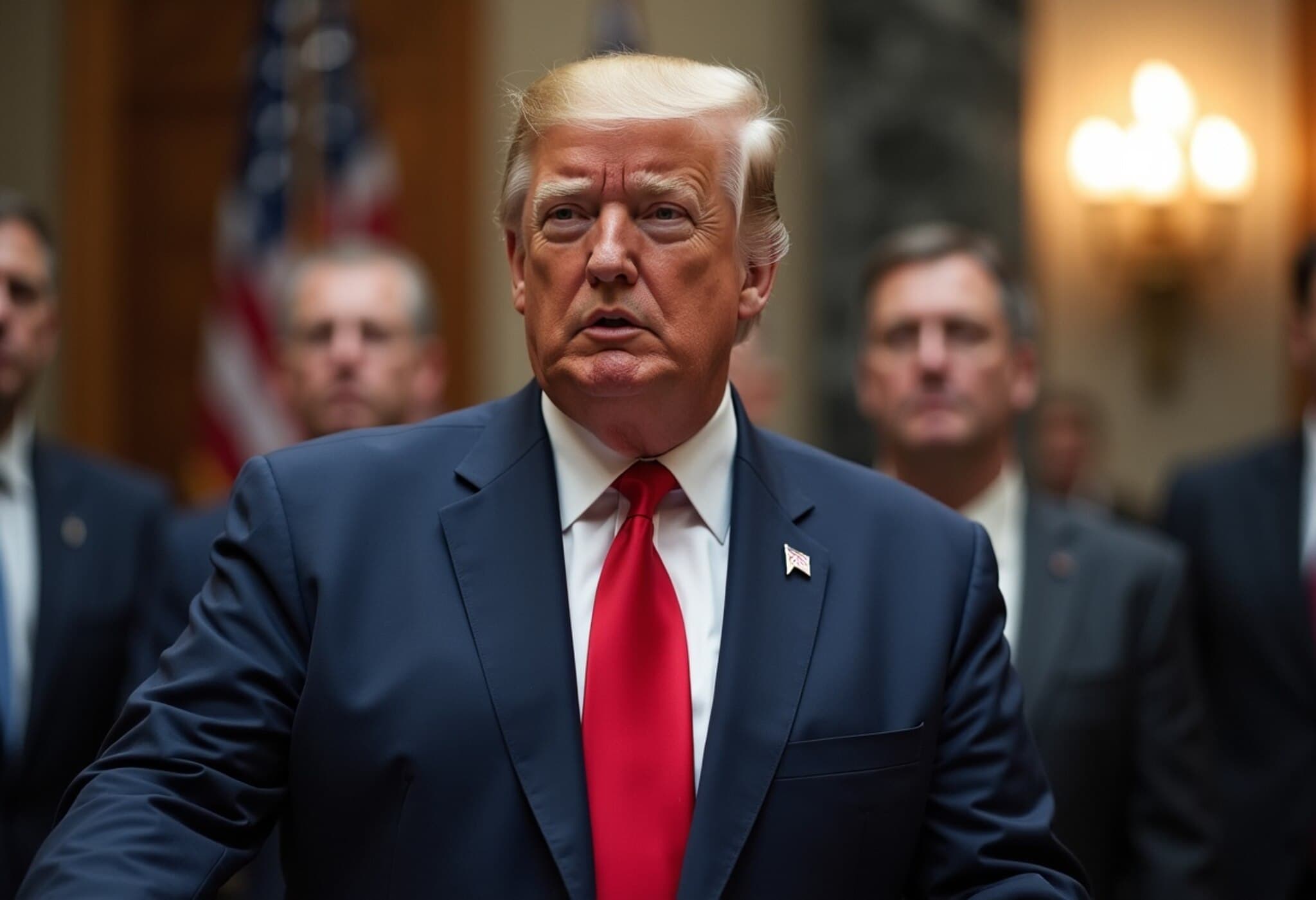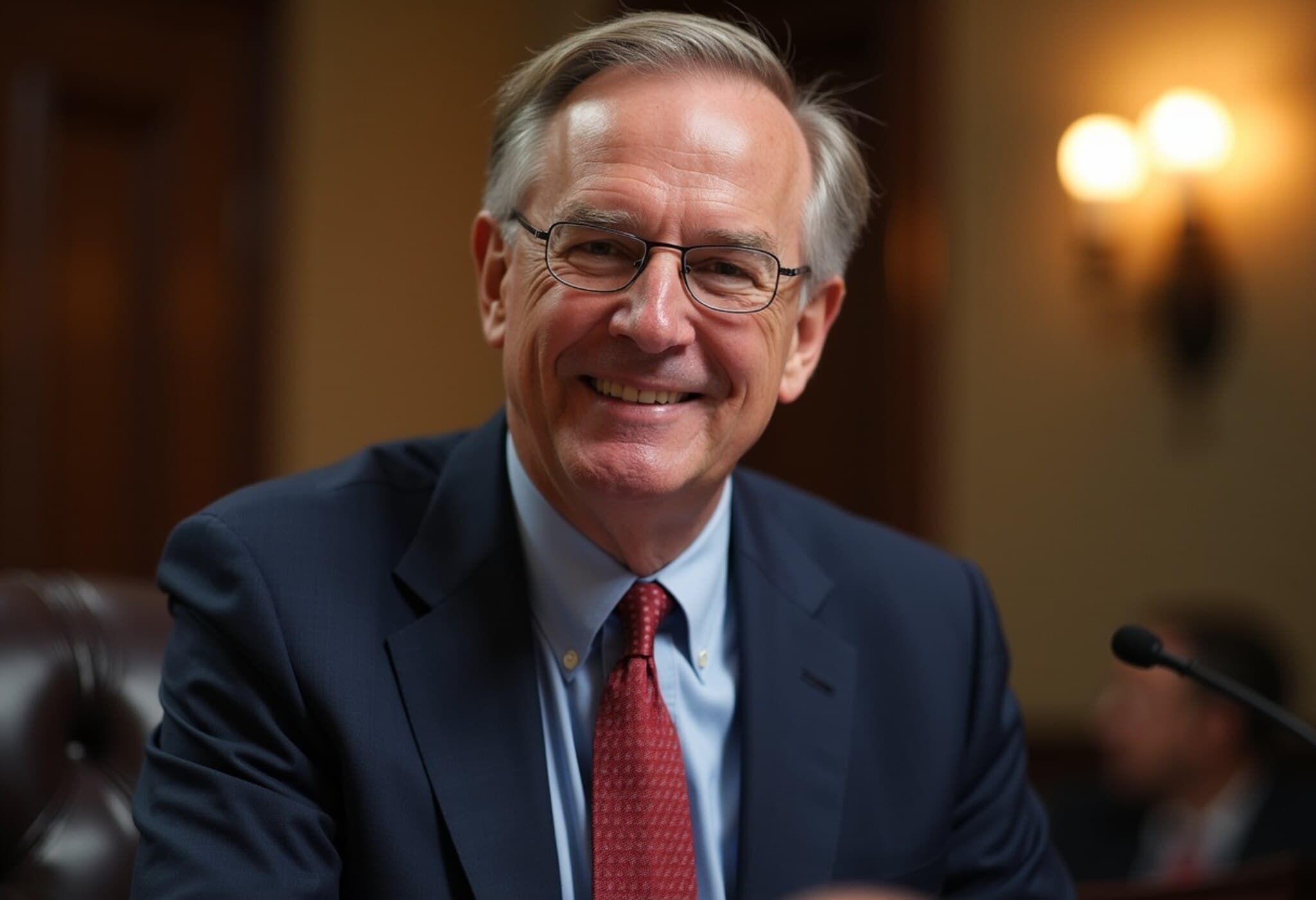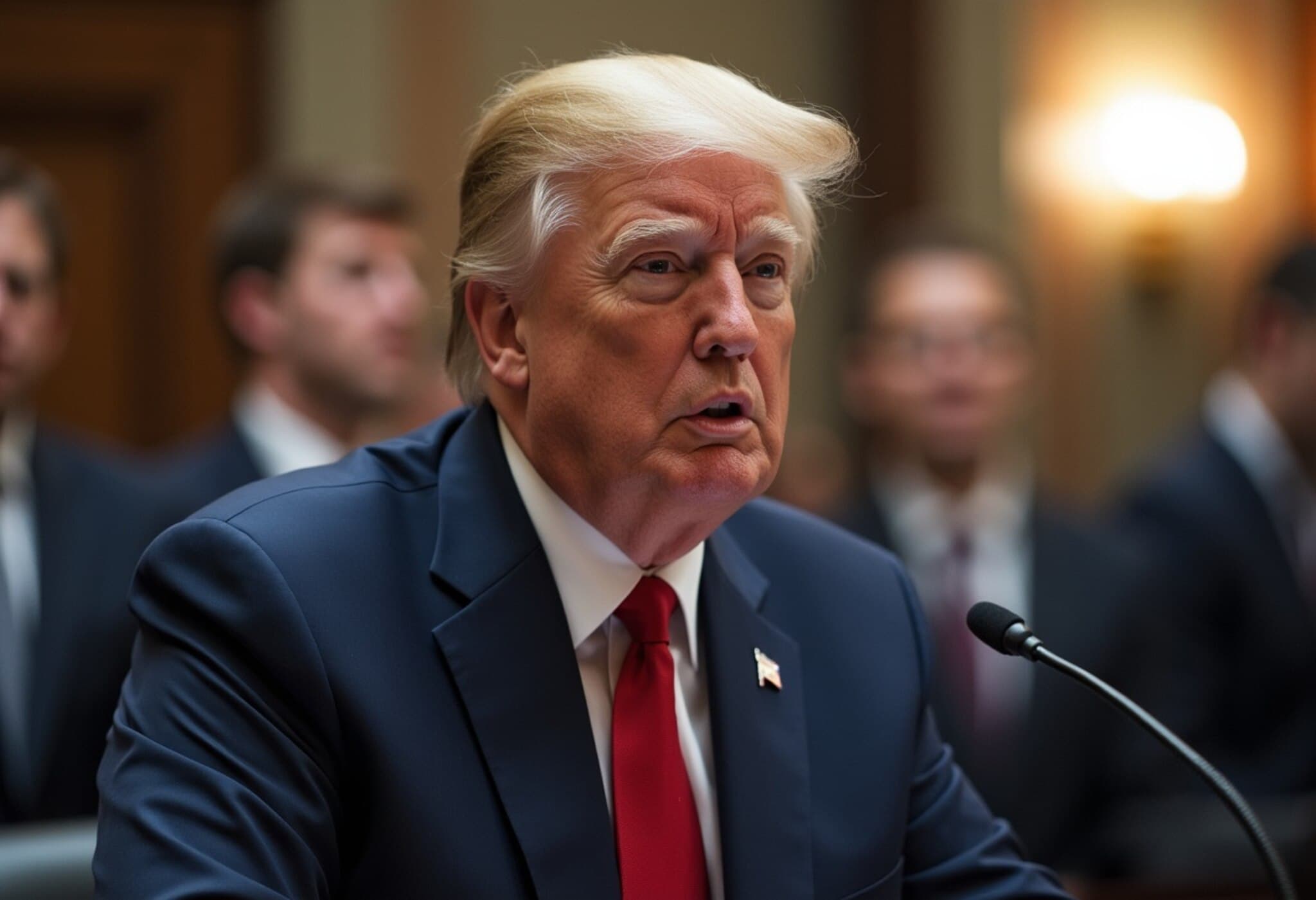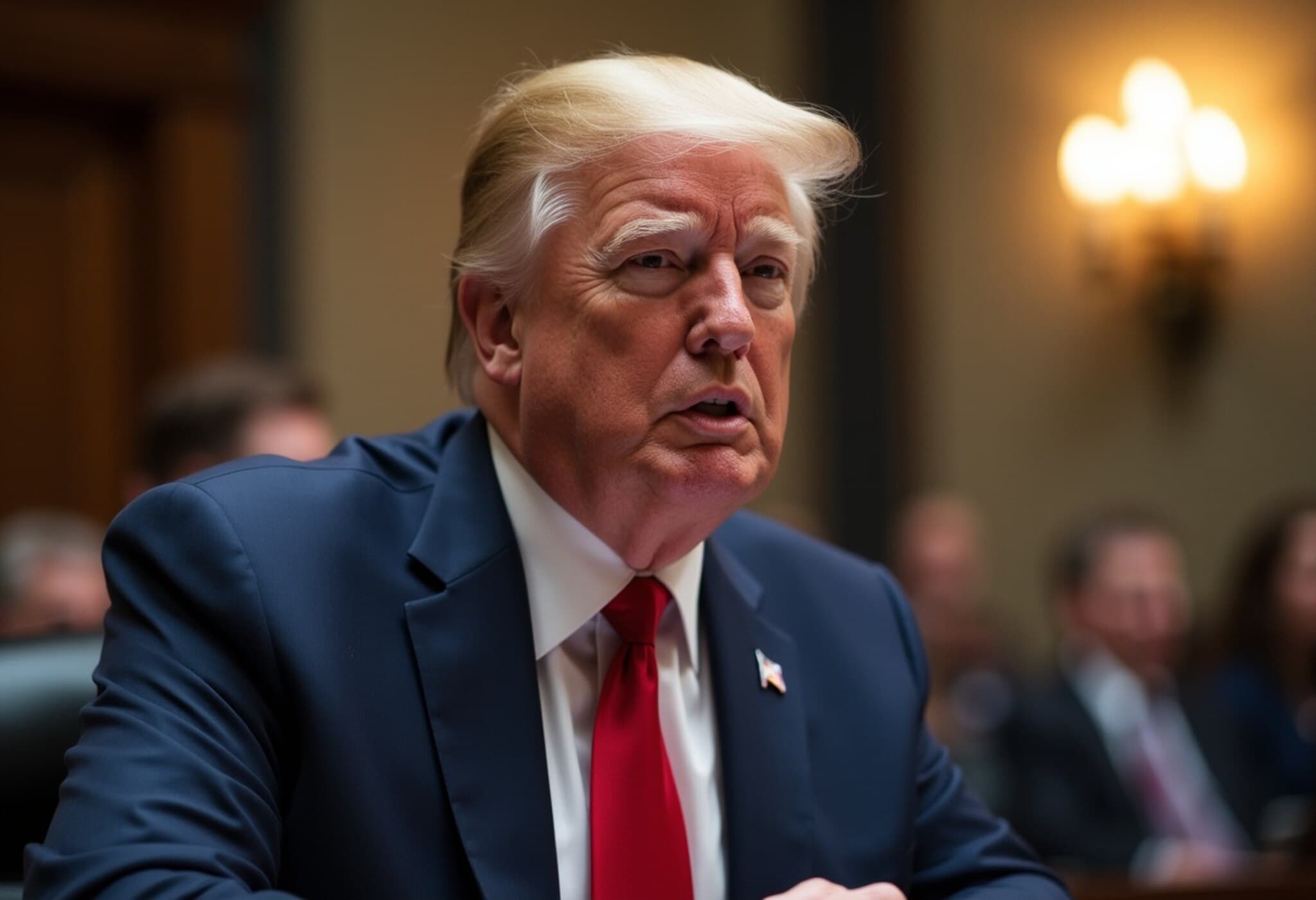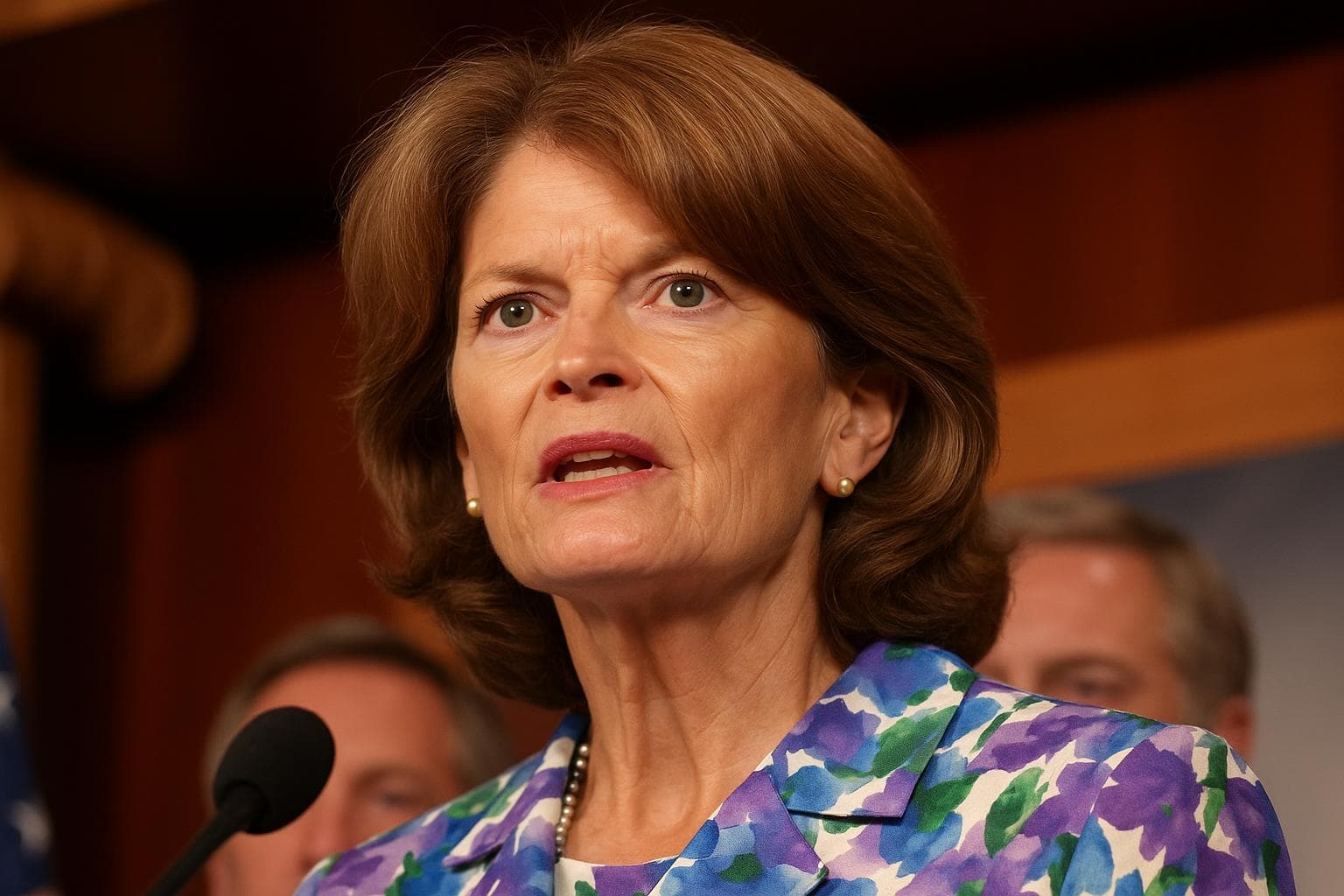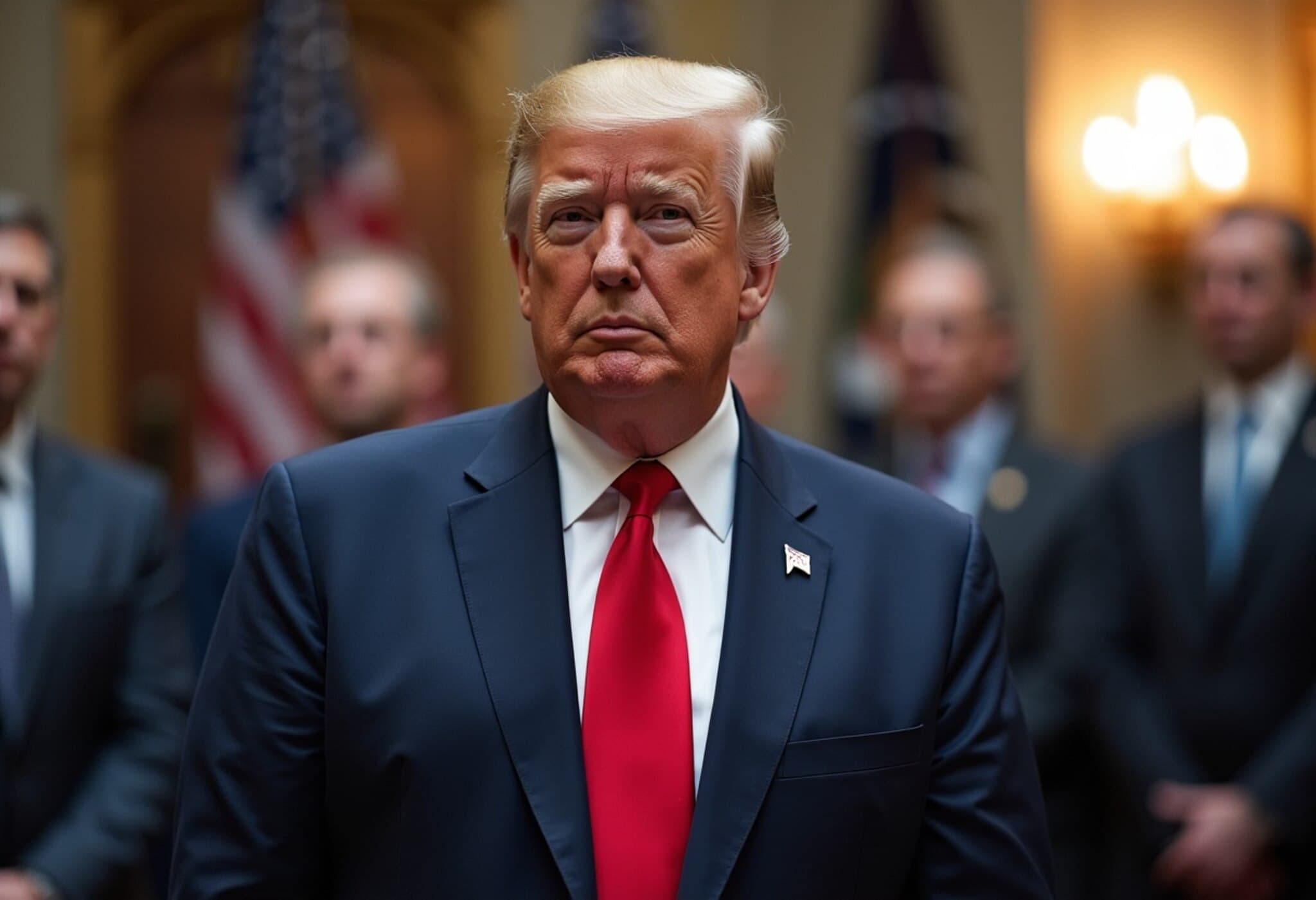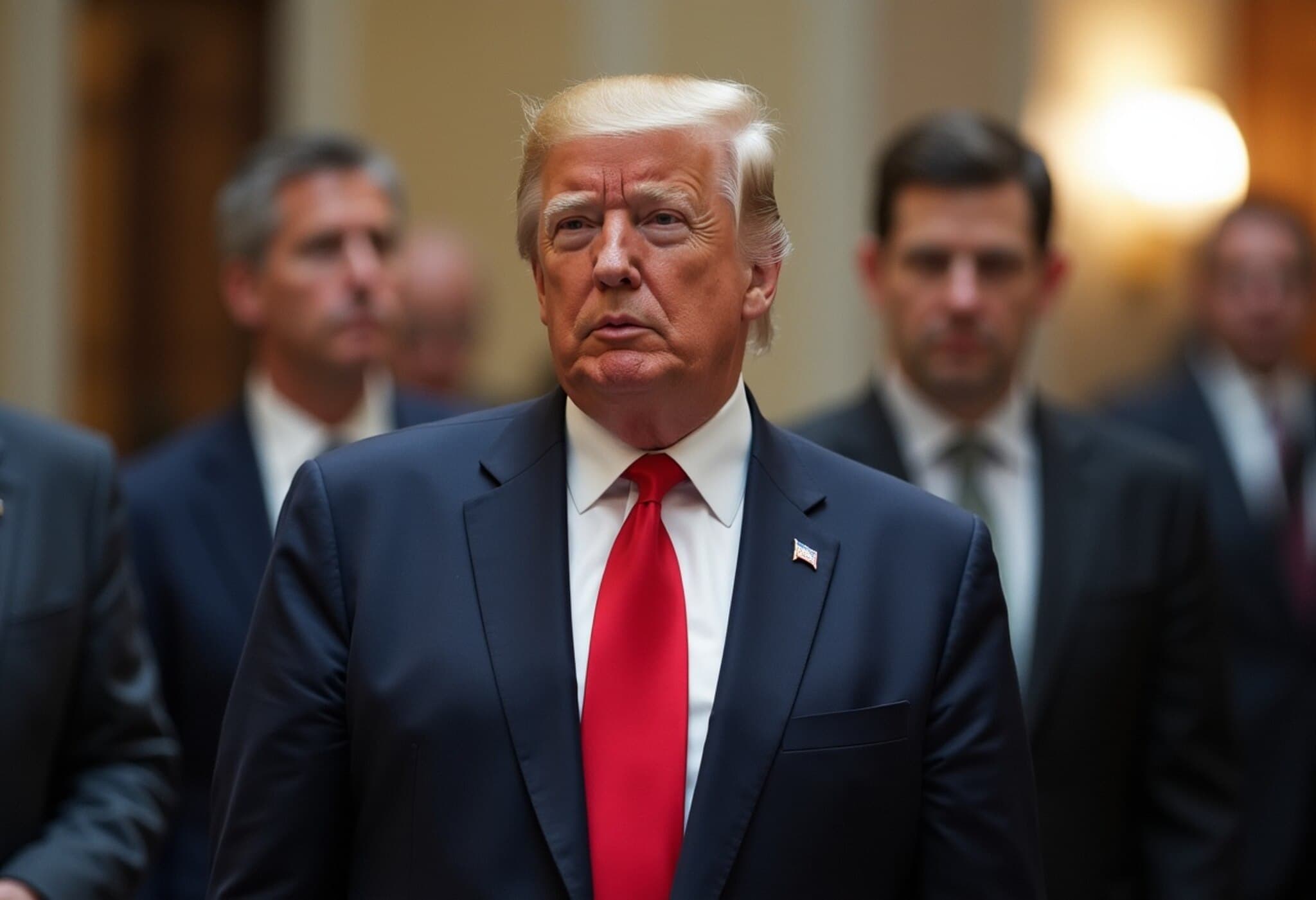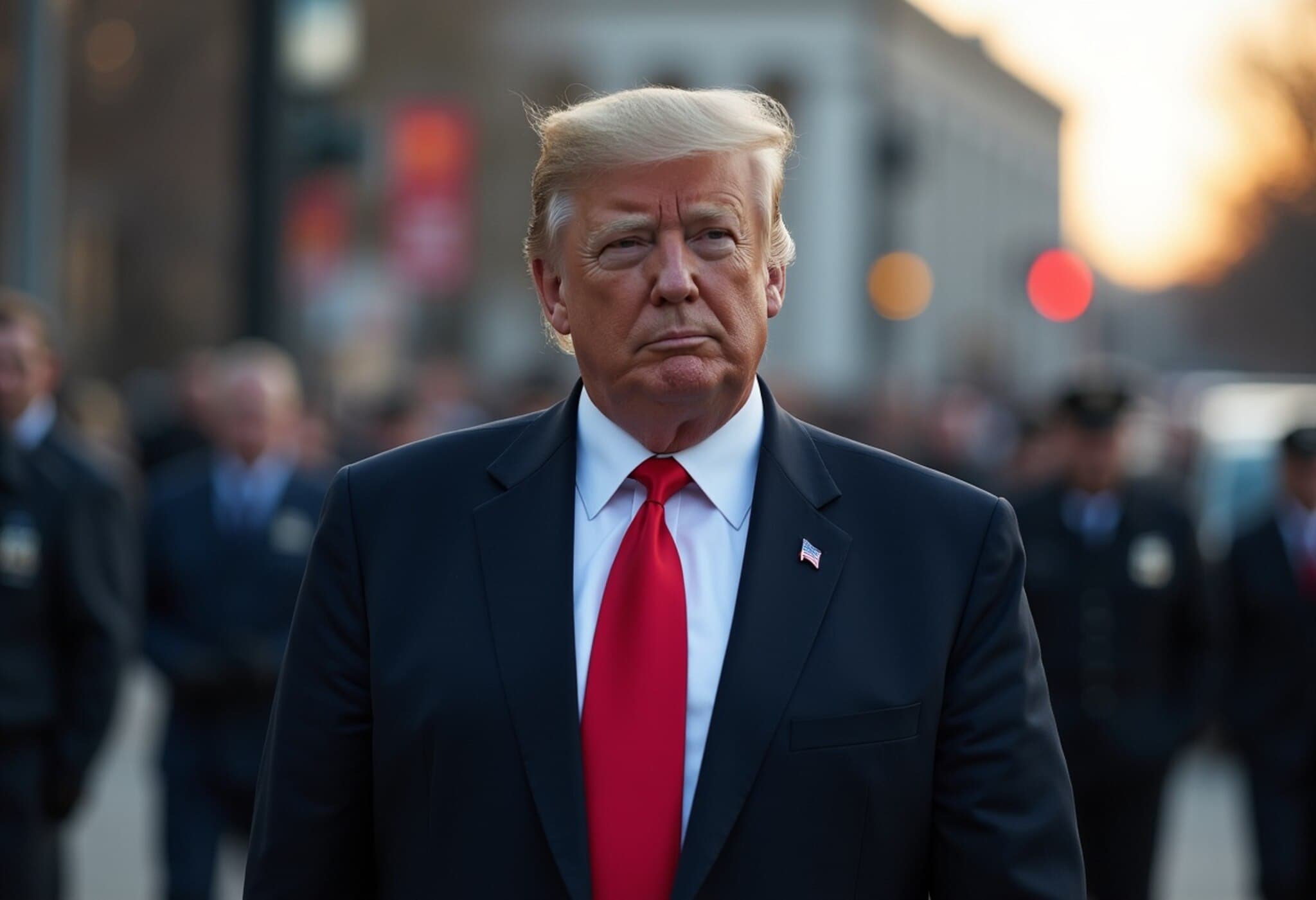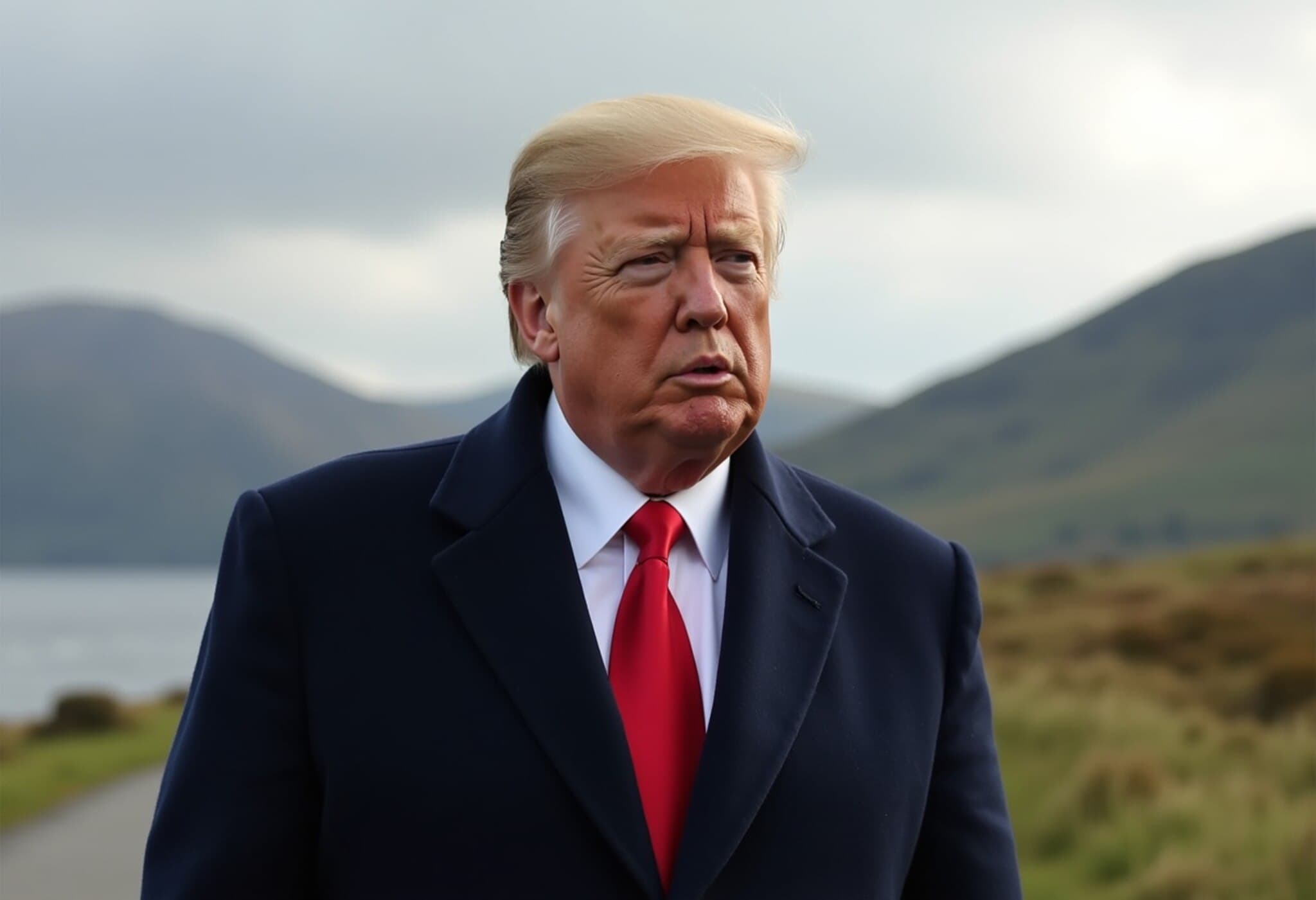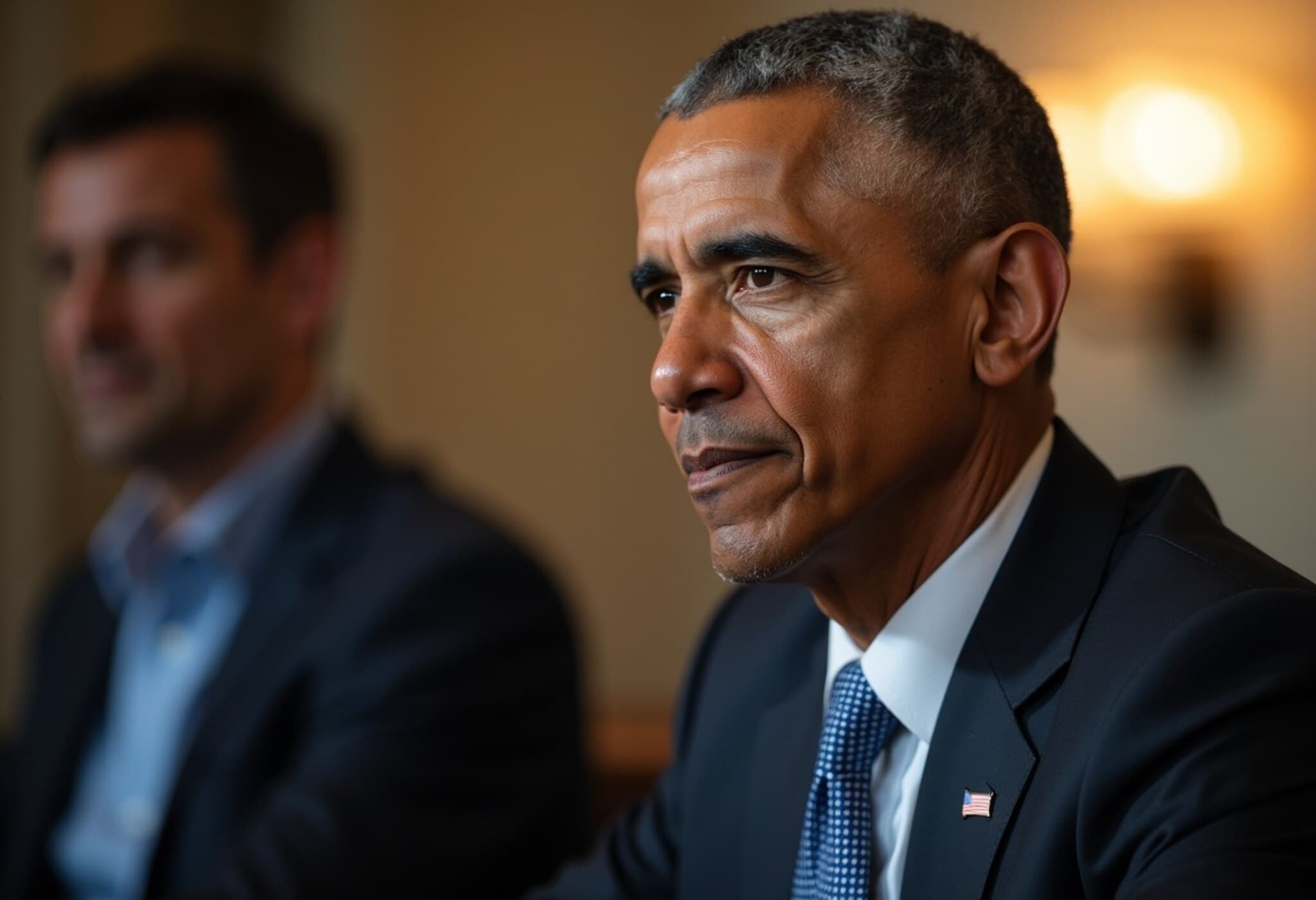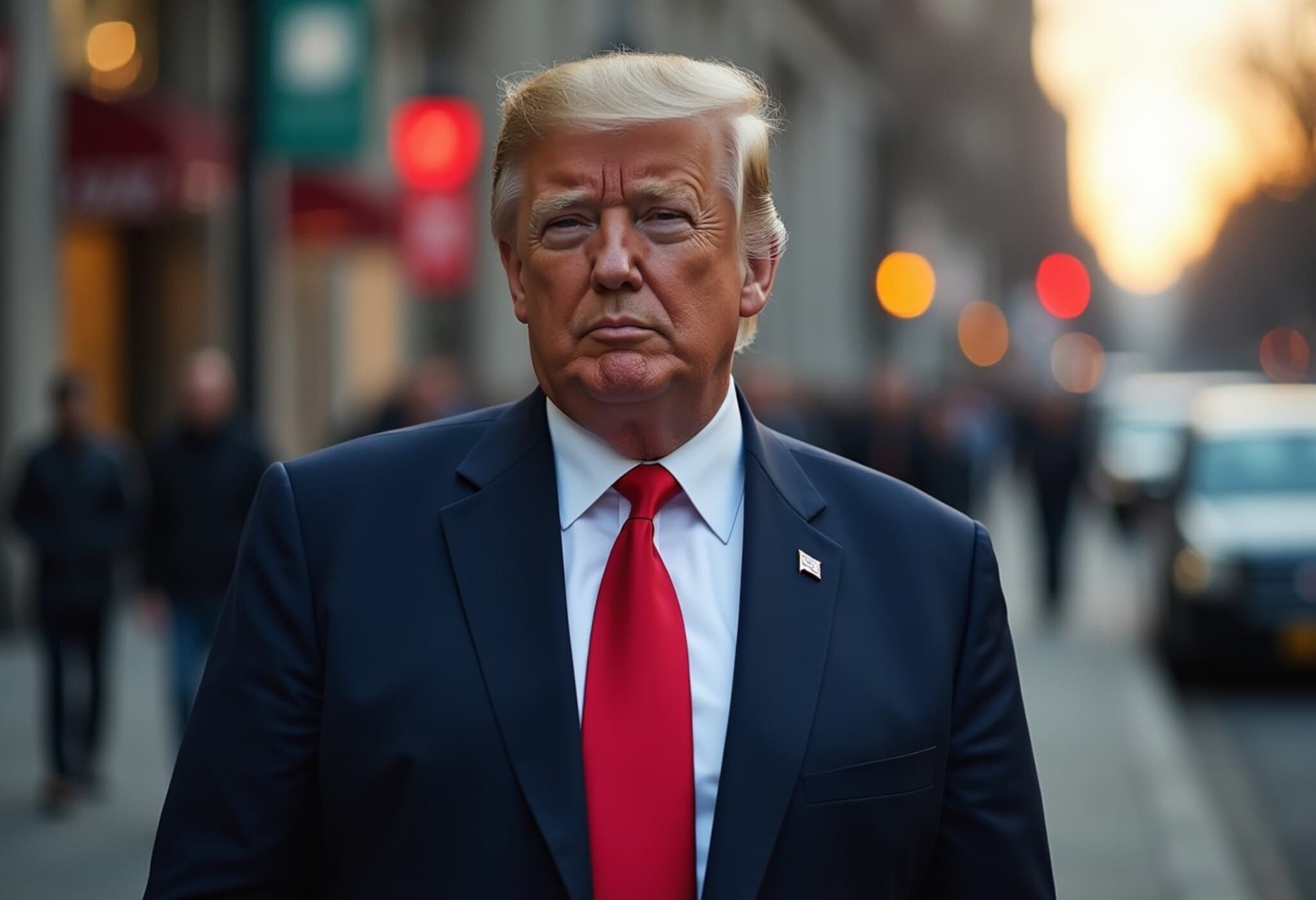Senate Stalemate: August Recess Begins Amid Confirmation Deadlock
As the US Senate adjourned for its monthlong August recess, no breakthrough emerged on the battle to accelerate President Donald Trump’s contentious nominee confirmations. After exhausting days of tense bipartisan negotiations, the divide remains as sharp as ever, marked notably by Trump’s explosive message to Senate Democratic Leader Chuck Schumer telling him to “GO TO HELL!” on social media.
Failed Negotiations and Frustrated Leadership
Efforts to forge a compromise tangled amid deep partisan mistrust. Senate Republicans, frustrated by the slow pace and Democratic interventions, have even floated the prospect of altering Senate rules upon their September return to fast-track confirmations. Senate Majority Leader John Thune candidly acknowledged this sentiment, citing a broken nomination process that the last six months have painfully spotlighted.
"The current nomination system is clearly flawed and ripe for change," Thune said, reflecting a view shared by many GOP senators eager to overcome procedural hurdles strategically employed by Democrats.
The Roots of the Confirmation Gridlock
The prolonged deadlock over nominations is far from a sudden phenomenon. Over the past two decades, both parties have increasingly weaponized the Senate confirmation process, progressively ratcheting up obstruction tactics against the opposing party’s executive and judicial picks.
- In 2013, Democrats eliminated the 60-vote threshold for lower-court judicial nominees, breaking with past bipartisan norms, in response to Republican roadblocks.
- Four years later, Republicans mirrored this move for Supreme Court nominations when Democrats challenged Trump’s appointment of Justice Neil Gorsuch, effectively lowering the confirmation bar.
This trend towards a less bipartisan confirmation environment sets the stage for the current standoff, where the minority party unusually refuses even the fast-track confirmations traditionally permitted to some nominees.
Political Pressures and High Stakes
President Trump has publicly pressed Senate Republicans for weeks to suspend the August recess and plow through dozens of pending nominations, emphasizing the need for swift confirmations to advance his agenda. Yet, behind the scenes, there were moments when both parties came close to an agreement that would exchange nominee approvals for concessions, such as rolling back foreign aid spending cuts. However, talks ultimately crumbled.
Trump’s incendiary social media outburst targeting Schumer was the final blow to negotiations.
“Tell Schumer, who is under tremendous political pressure from within his own party, the Radical Left Lunatics, to GO TO HELL!” Trump posted. “Do not accept the offer, go home and explain to your constituents what bad people the Democrats are, and what a great job the Republicans are doing, and have done, for our Country.”
A Deepening Partisan Divide Over Confirmations
This confrontation underscores a broad pattern of escalating obstructionism that threatens the Senate’s traditional role as a collaborative body for confirming qualified nominees. Democrats, on their part, criticize the quality of many of Trump’s nominees, with Schumer condemning them as “flawed, compromised, and unqualified.”
Despite months of grueling sessions and extended hours aimed at confirming nominees, the Democratic minority has stood firm on demanding quid pro quo arrangements, like reversing certain administrative spending cuts, before yielding.
Expert Perspective: What This Means for Governance
Turning to expert analysis, the entrenched political battle over Senate confirmations reflects broader challenges in the US’s polarized political climate. As procedural tactics replace debate and consensus-building, the practical impact extends beyond Washington—it delays filling critical executive and judicial posts that underpin government functionality and stabilize the rule of law.
Policy analysts caution that rule changes to expedite confirmations risk further eroding bipartisan norms and could deepen partisan fissures. Yet, without structural reforms, frustration with stalled appointments is likely to mount, potentially hampering effective governance.
Questions Moving Forward
- Will Senate Republicans pursue controversial rule changes to bypass Democratic opposition?
- How might continued confirmation delays impact the federal judiciary and executive agencies reliant on Trump’s nominees?
- Can bipartisan negotiations be revived, or is the Senate confirmation process destined to become solely a partisan battleground?
Editor’s Note
The current Senate impasse over confirmation hearings highlights a critical juncture for American governance. The friction between urgent executive appointments and escalating Senate partisanship invites reflection on the balance between procedural fairness and governmental efficiency. As both parties dig in, Americans may face prolonged vacancies in crucial federal roles—a scenario with real-world consequences for policy implementation and judicial stability. Readers should watch closely how these negotiations unfold in September and consider how deeply the confirmation process affects the functioning of our democratic institutions.

